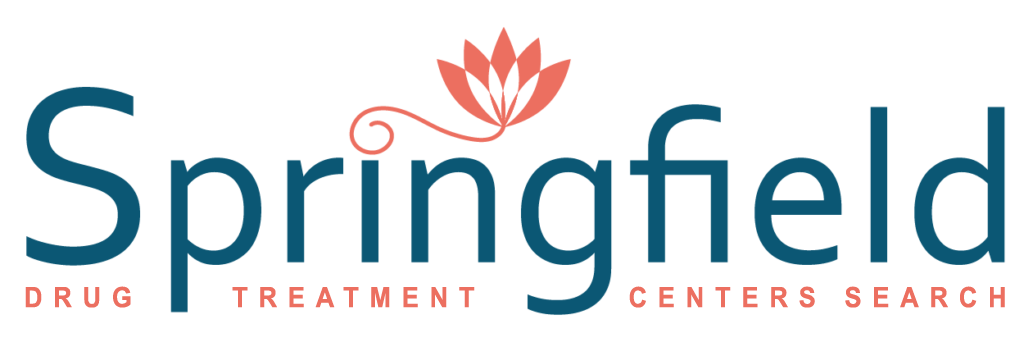Meth Addiction in Springfield, MO
Meth addiction is a huge problem in the United States, with this addictive and destructive drug associated with a range of physical, psychological, and social problems. Methamphetamine is a potent central nervous system (CNS) stimulant that is regularly abused to increase energy levels, enhance sexual desire and performance, and induce euphoria. Regular exposure to meth can lead to meth addiction over time, a state recognized by tolerance, drug cravings, and the existence of emotional and motivational withdrawal symptoms upon discontinuation. While meth addiction is not linked with physical-somatic withdrawal symptoms in the same way as heroin or alcohol, dependent people still have a very hard time getting clean and staying that way.
What is Meth?
Methamphetamine is used in medical circles for the treatment of attention deficit hyperactivity disorder (ADHD), severe obesity, and certain complex sleep disorders. Despite these medical uses, however, meth is mostly known as a recreational drug that is taken to induce euphoria and increase energy levels. Meth is normally taken by smoking or intravenous injection, the later of which can lead to additional complications if needles are shared or unsafe injecting practices are used. Meth is a highly addictive substance that often requires professional treatment, including detox, rehab, and aftercare support programs. If you know anyone who is struggling with meth addiction, it’s important to find a professional treatment team as soon as you can.
Effects of Meth
Meth has been associated with a wide range of adverse physical, psychological, and social effects. Common physical effects include loss of appetite, uncontrolled sweating, increased movement, dry mouth, teeth grinding, increased heart rate, high body temperature, rapid breathing and much more. Some of these effects can lead to additional complications when abuse is continued, including dizziness, numbness, tremors, and a condition known as “meth mouth”.
Meth abuse has also been linked to a number of mental health conditions, with people who abuse the drug on a regular basis more likely to experience depression disorder and a range of anxiety disorders. Repetitive and obsessive behaviors can cause a problem with some meth users, as can violence and suicidal ideation. Meth-induced psychosis has also been recognized as a possible result of extensive meth abuse, with some people becoming temporarily psychotic after just a few doses.
Rehabilitation in Springfield, MO
Medical detox and medical intervention is largely ineffective and rarely used for meth abuse, with most treatment programs based on psychotherapy and relapse prevention. Rehab programs are available on an inpatient or outpatient basis, depending on the needs of the patient and the extent of their drug abuse. Common programs available during rehab include art therapy, music therapy, moral reconation therapy, motivational incentives, group counseling, 12-step facilitation, and relapse prevention.
Relapse Prevention
Relapse is a common feature of drug addiction, with 40 to 60 percent of drug treatment admissions relapsing at some stage according to the National Institute on Drug Abuse (NIDA). In order to avoid relapse, meth addicts need to be taught how to recognize potential environmental and emotional triggers, avoid dangerous situations, and cope with the challenges of life as they arise. Relapse prevention techniques and systems are applied throughout rehab, with dedicated prevention programs also available on an aftercare basis.
Let Springfield Drug Treatment Centers be your primary recovery resource. Just give our recovery advocates a call today at (217) 318-3600 to find out more.

